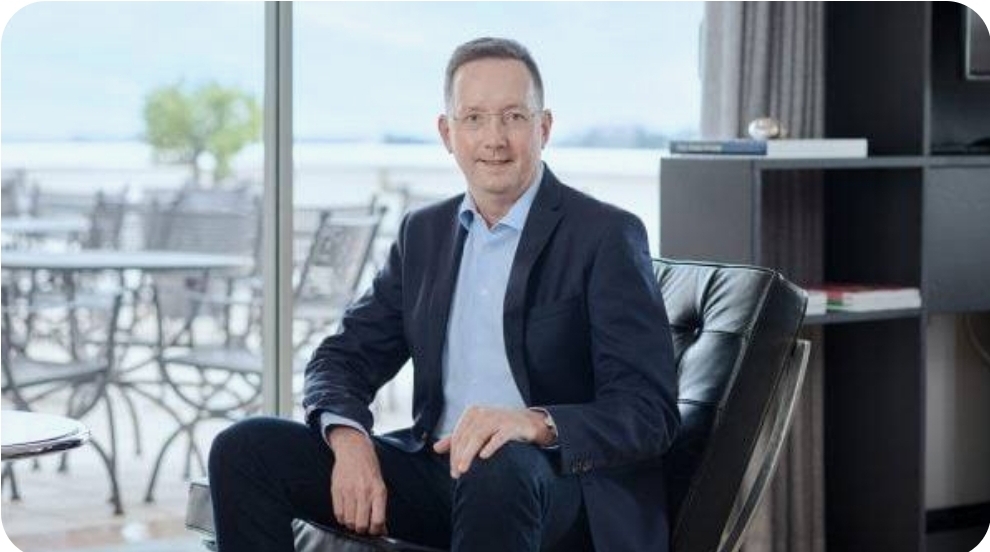Major South African retailer challenges Shein and Temu

TFG is leaning on its local advantage, using faster delivery times and a robust logistics network to counter international rivals’ typical 10-day waits, CEO Anthony Thunström said in an interview with Bloomberg.
“South Africa might have been slower to start in terms of proper online penetration,” he said. “But that trend is global. And once it starts, it’s fairly mathematical,” said Thunström.
South Africa’s e-commerce landscape has seen a notable shift with prominent local e-tailers like Superbalist and Zando exiting or restructuring.
Zando, under Jumia Technologies AG, announced plans to shut down operations in South Africa by the end of the year, citing challenging economic conditions and fierce competition from international companies such as Shein and Temu.
The arrival of these low-cost e-tailers has raised the bar for local firms, demanding strong logistics.
Superbalist, another major local online retailer under Takealot, was sold to a South African consortium in September after facing intense competition and financial headwinds.
Through its Bash platform TFG offers same-day or next-day delivery, a key advantage in a market with expensive logistics, payment challenges, and economic pressure squeezing consumers.
Yet, it’s a costly fight. TFG has invested heavily in solar power and water reserves, a necessity in a market where interruptions can mean loss of ground to rivals.
“We’ve also put contingency plans in place to deliver water to our stores, ensuring that both operations and staff are supported, even in areas experiencing severe shortages,” Thunström said.
Meanwhile, TFG is racing to grow its footprint among price-sensitive shoppers, with the 2020 acquisition of Jet expanding its value offering — a key segment as inflation and high living costs strain household budgets.
“It would have taken more than a decade to build a similar footprint from scratch,” he said, adding that the acquisition has already paid for itself “many times over.”





